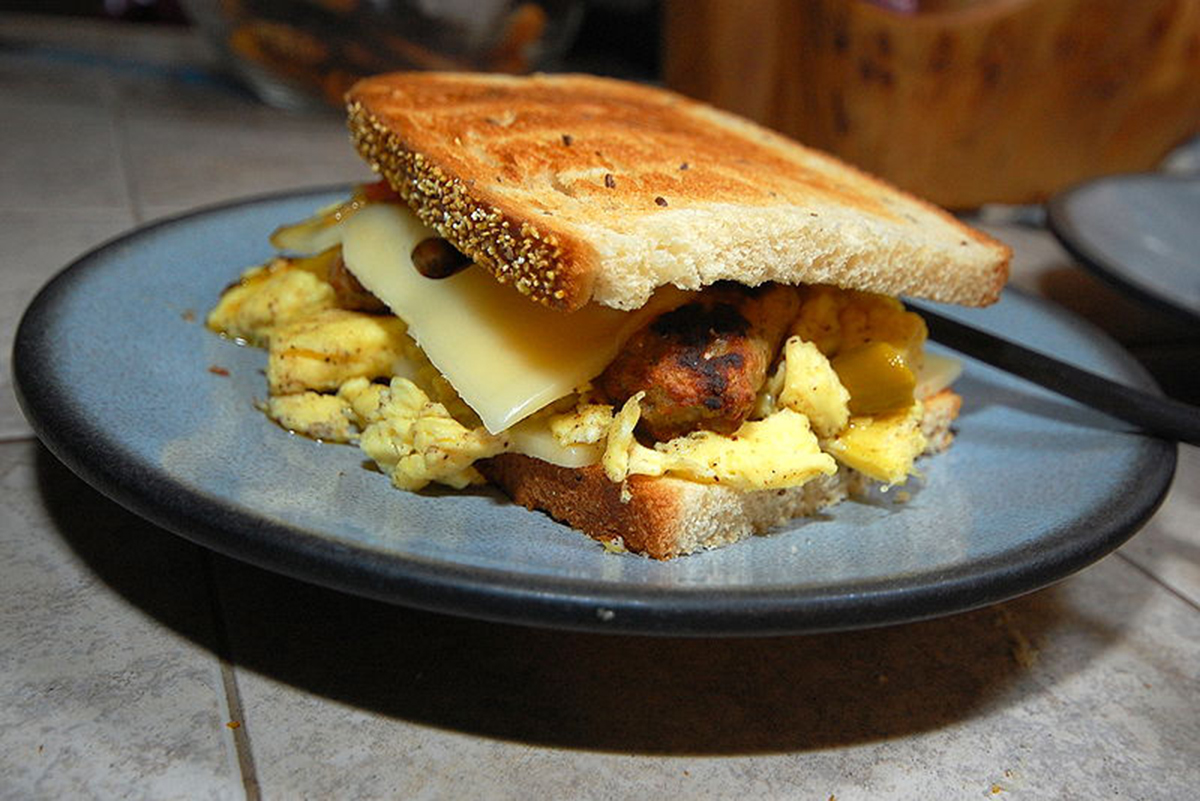Table of Contents
High-fat, ketogenic diets tend to have what researchers call a "time lock." If you following a ketogenic diet to treat a condition that can occur basically at any time, such as daily attacks of epilepsy, then you need to stay on your diet all the time. If you are following a ketogenic diet to treat a condition that occurs less frequently, such as migraine headaches, then you may not need quite as strict a "time lock" on your metabolism. Always follow professional advice, of course, but you may have just a little more wiggle room in your food choices if you are using a ketogenic diet to treat migraine, cancer, depression, or obesity.

Advocates of ketogenic diet for other health concerns usually emphasize consuming the "right" fats, typically the triglycerides found in coconut oil.
What's special about coconut oil? And by this is meant fresh, "natural" coconut oil, not the highly processed, hydrogenated, commercially refined version of the product.
Coconut oil is especially rich in compounds known as medium-chain triglycerides, or MCTs. Even in small amounts, too small to cause a ketogenic effect, MCTs:
- Fight certain kinds of pathogenic microorganisms, such as yeast, fungi, certain kinds of parasites (especially giardia), certain kinds of viruses (HIV, herpes, and cytomegalovirus), and certain kinds of bacteria (such as E. coli, Chlamydia, and Salmonella) without harming probiotic or "friendly" bacteria.
- Serve as fuel rather than for fat storage. The liver can burn MCTs for its own energy needs as soon as they enter they body.
- Have neuroprotective properties. Emerging research suggests that ketone bodies might have neuroprotective effects. This means they could protect brain cells from damage, reducing the risk of seizures and potentially benefiting various other neurological conditions.
- Increase HDL ("good" cholesterol) as well as LDL ("bad" cholesterol), but more specifically the kind of LDL cholesterol that really is not "bad." MCTs cause the liver to make of the larger particles of LDL, the kind of LDL that does not get stuck in the linings of arteries. Although total LDL may go up when someone consumes massive amounts of coconut oil, risk of atherosclerosis does not.
- Enhance brain energy metabolism. Some forms of epilepsy are believed to result from altered brain energy metabolism. Ketone bodies, which are increased by MCTs, can provide an alternative and efficient source of energy for brain cells, potentially improving brain metabolism and reducing the risk of seizures.
Even if someone is not on a ketogenic diet, adding 1-2 tablespoons (15 to 30 ml) of coconut oil a day to daily food consumption can be beneficial to health. But how can someone get the benefits of a modified ketogenic diet without living on just coconut oil, bacon, hot dogs, eggs, cheese, and macadamia nuts?
- Unless your doctor or nutritionist tells you otherwise, it is not absolutely, positively necessary to eat zero carbohydrates. Up to 240 calories a day from all carbs, in total, still allows the body to produce protective ketone bodies. That 240 calories a day, however, includes the carbohydrate in vegetables and even fiber supplements.
- Fruit, unfortunately, needs to be avoided, as well as any added fructose (or high-fructose corn syrup) in any food. The liver can burn fructose without insulin, but when it does this, it uses ATP that it would otherwise use to make ketones.
- Give your body a break every day. Eat in an 8-hour window, and the rest of the time drink water or possibly some sugar-free electrolyte drinks (sorry, not even coconut water is recommended outside the 8 hours a day you eat).
- Eat lots of healthy plant fats. Up to 12 teaspoons (60 ml) a day of coconut oil is helpful.
- Avoid protein drinks and protein bars. Eat real food!
See Also: Ketamine May Offer Quick, Effective Relief For Major Depression
This approach to dieting is helpful for migraines, Crohn's disease, inflammatory bowel disease, mutliple sclerosis, Parkinson's disease, bipolar disorder, Alzheimer's, and, of course, weight loss. The effects can be dramatic, even if the diet is not followed perfectly. It's OK to eat some vegetables and some protein foods in addition to fat, if the diet excludes fructose and glucose and includes MCTs.
- Di Lorenzo C, Currà A, Siriani G, Coppola G, Bracaglia M, Cardillo A, De Nardis L, Pierelli F. Diet transiently improves migraine in two twin sisters: possible role of ketogenesis? Funct Neurol. 2013 Dec 3:1-4.
- Klement RJ. Calorie or carbohydrate restriction? The ketogenic diet as another option for supportive cancer treatment. Oncologist. 2013. 18(9):1056. doi: 10.1634/theoncologist.2013-0032. PMID: 24062422.
- Photo courtesy of rpavich by Flickr : www.flickr.com/photos/rpavich/11631482844/
- Photo courtesy of John Verive by Wikimedia Commons : en.wikipedia.org/wiki/File:Bacon,_egg_and_cheese_sandwich.jpg


Your thoughts on this